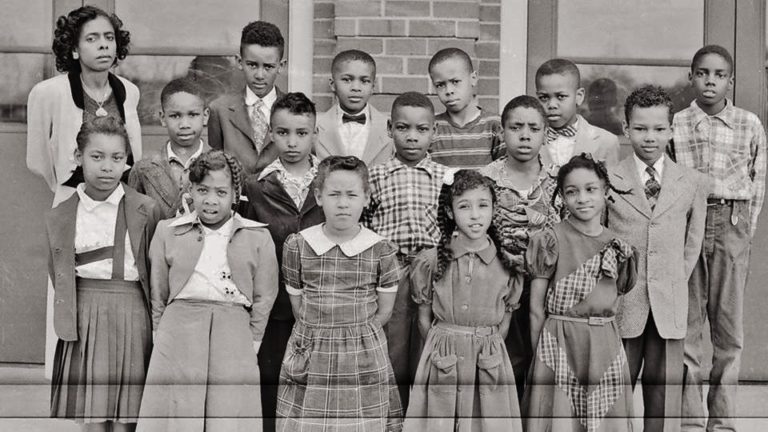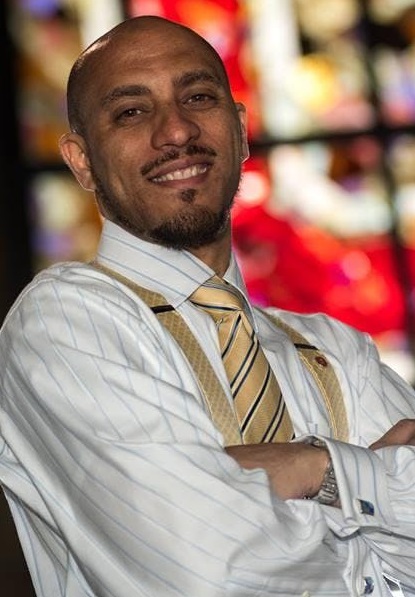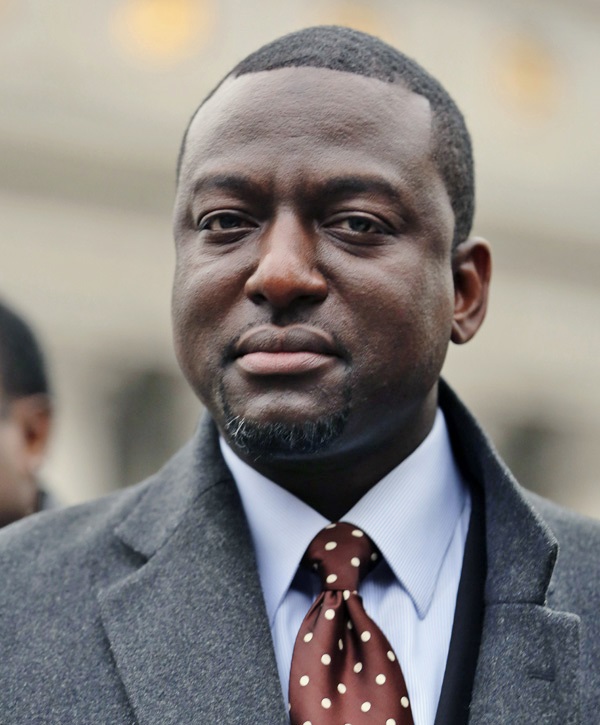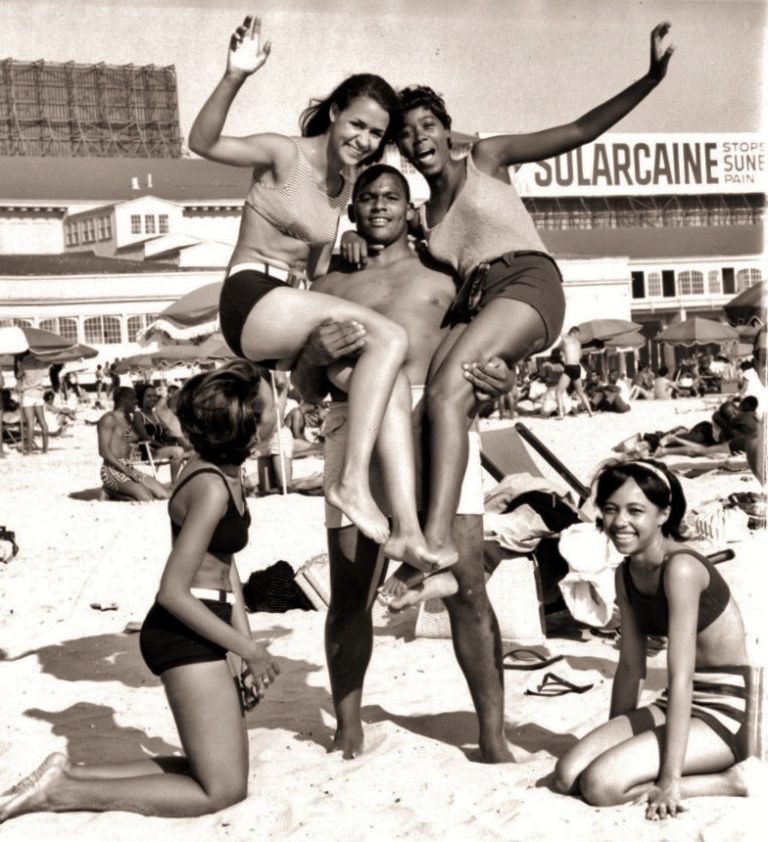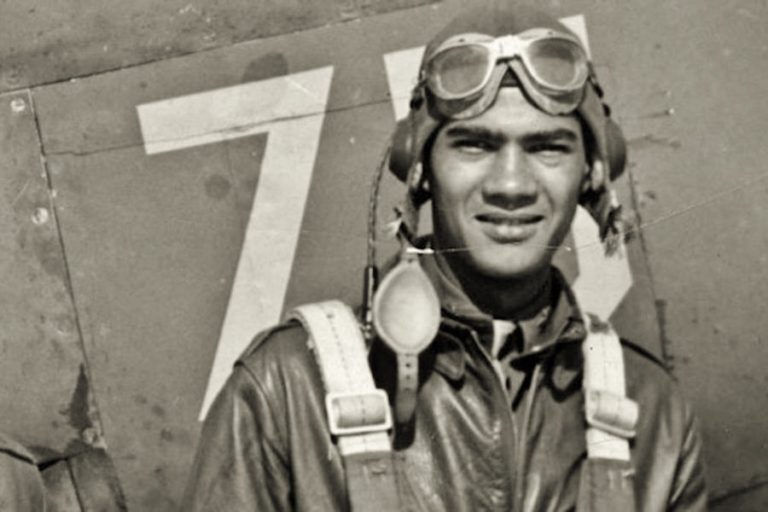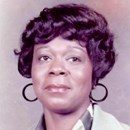Handell’s “Messiah” Concert was 50 year Knoxville College Chorus and community tradition
East Tennesseans looked forward to the Knoxville College Coleridge-Taylor Chorus December performance of “Messiah” that became an annual tradition.
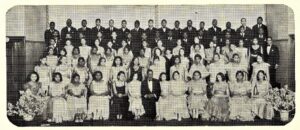
By Patricia Williams, East Tennessee Enlightener

KNOXVILLE, Tenn. (December 2021) – On December 17, 1933, the Coleridge-Taylor Chorus of Knoxville College invited the community to join them on the campus to enjoy a Christmas concert at McMillan Memorial Chapel.
Under the direction of recent KC graduate Newell Coleridge Fitzpatrick, the concert featured selections from “Messiah,” an opera in English by German composer George Fredric Handel. The featured student soloists included soprano Mattie Bell Hall, contralto Arnette Gravely, and tenor Eugene Brice accompanied by Pearl Henderson and Marcellus Saunders.
The powerful voices of the KC chorus brought the audience to their feet, which culminated in respectful standing ovations after “Hallelujah” and again after “Amen.” The concert was well-received and enjoyed by all in attendance. The KC music department decided to make the concert an annual event that continued for the next 50 years.
The choral department’s membership and public attendance to concerts grew exponentially. But they did not rest on their laurels, they worked harder. They added selections from the Messiah opera composition each year, which also heightened attendees’ expectations. It took nearly 20-years for the chorus to present the Messiah composition in its entirety.
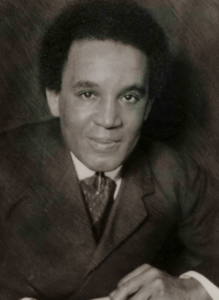
The KC Voice Department was established in 1910 and the Coleridge-Taylor Choral Club was assembled in 1914. It was named for Samuel Coleridge-Taylor, a famous Black composer from London, England (1875-1912). On visits to the United States, he formed talented choirs across the country, with one at Knoxville College. The KC music department continued through the 1980s. Coleridge-Taylor was only 37 when he died of pneumonia in his home country of England, where he left a wife and 2 young children. His legacy includes being the first Black man to conduct a white orchestra.
Accolades over the KC chorus, its quartet, octet, and soloists circulated locally and internationally. The chorus and the various groups formed by Fitzpatrick, each toured across the country and the world.
Fitzpatrick first attended Knoxville College in 1917, as an eighth-grader from Somerset, Kentucky. In the beginning years, KC was many schools-in-one teaching Black students of all ages from middle school to college-level courses. Fitzpatrick earned scholarships that encouraged him to pursue an education and develop his vocal talent and piano he began playing at three years old.
As a KC student, Fitzpatrick joined the Voice Department and was a member of the Coleridge-Thomas chorus. His piano skills and baritone vocals earned him a position on the College Quartet soon after becoming 18, the legal age of responsibility. With the quartet, Fitzpatrick toured England, Ireland, Scotland, and states across the USA.

Fitzpatrick graduated from KC in 1922 and later headed the music department from 1928 until 1964. Under his leadership octets, and vocal groups were formed within the department, which allowed more students to hone their unique talents.
Fitzpatrick directed the 1950 Coleridge-Taylor concert of the Messiah that was recorded by local radio station WROL, then aired to its listeners.
The 1967 Messiah concert was conducted by Nathan Carter, was also recorded live and reproduced on vinyl. KC administrators distributed the album to KC supporters and alumni, with a special greeting of appreciation from then KC President Clinton Marsh (the uncle of renowned poet and author Nikki Giovanni).
The chorus toured the country and worldwide for over 30 years before being acknowledged in its hometown of Knoxville. On the 34th local concert, Knoxville News-Sentinel’s Fred Weirich penned praises for the 1967 performance. Portions of his review stated, The Messiah is a difficult work to perform, especially for the soloists, and last night’s artists came through brilliantly . . . The featured soloists were the featured ‘stars’ it was the full ensemble of nearly 100 voices that really stirred the audience. – Knoxville News-Sentinel, December 15, 1967
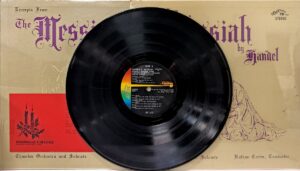
One of the albums of the KC Coleridge-Taylor 1967 concert of the Messiah is housed under the protected archives of the Beck Cultural Exchange Center; a repository of contributions and accomplishments of African-American’s to what is East Tennessee.
The information in this article was provided by Beck Cultural Exchange Center.



